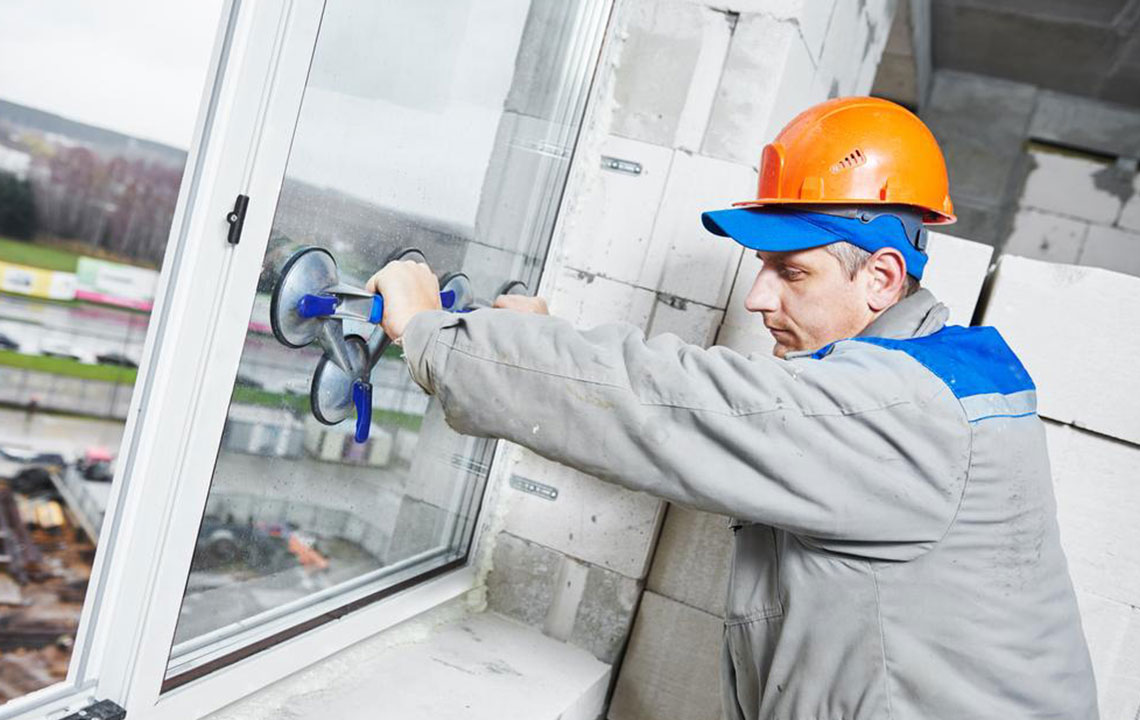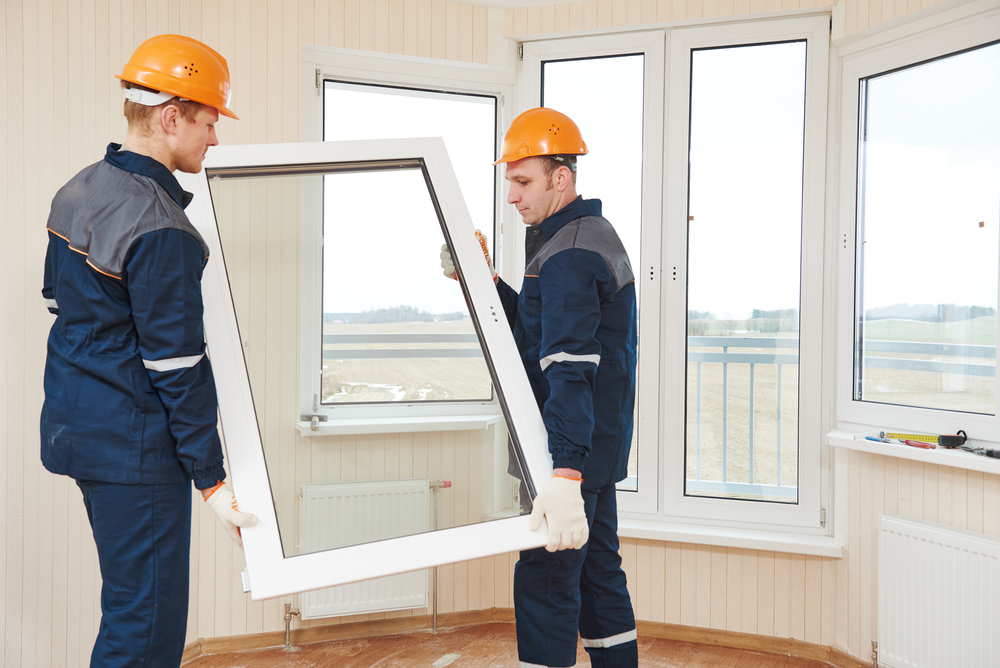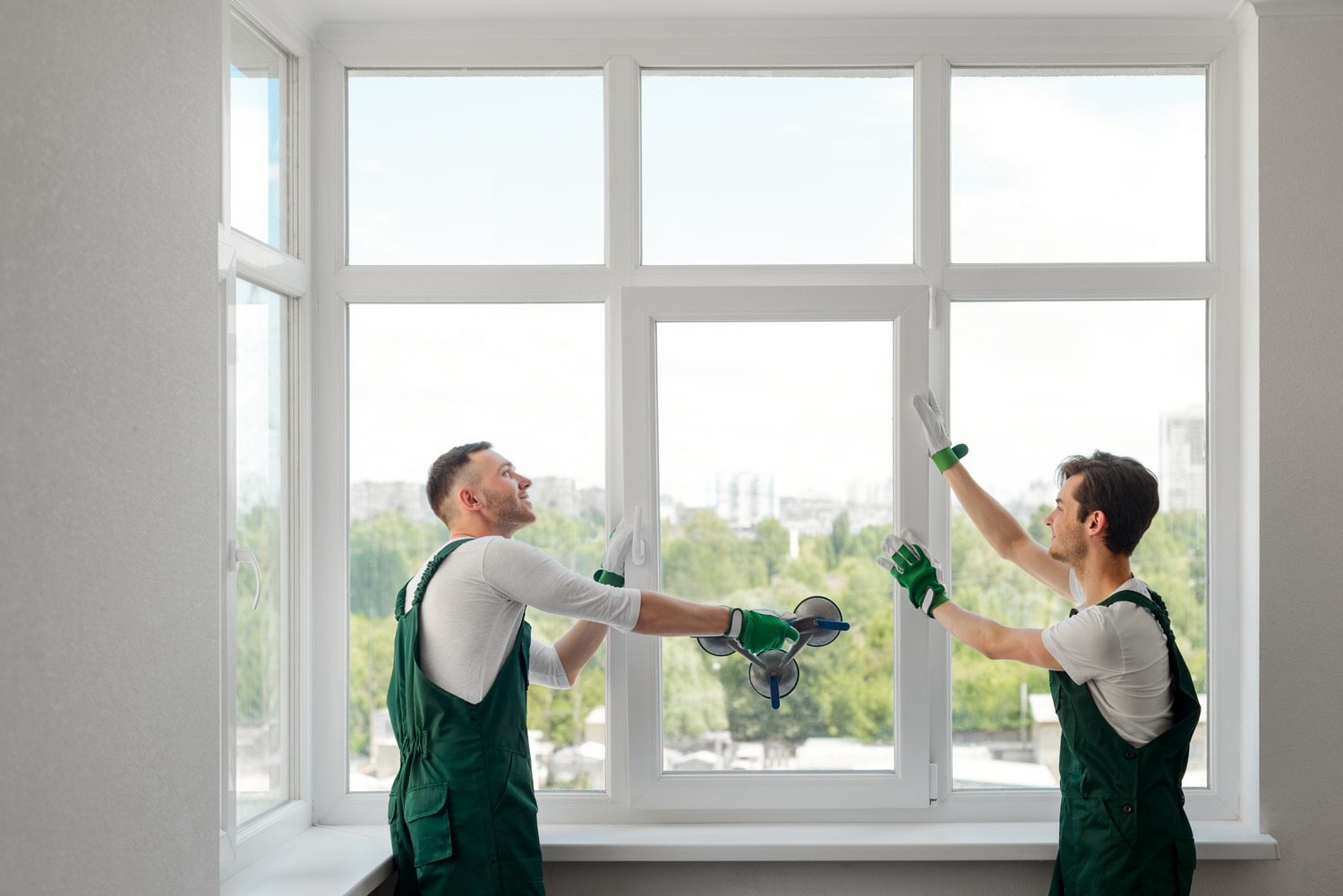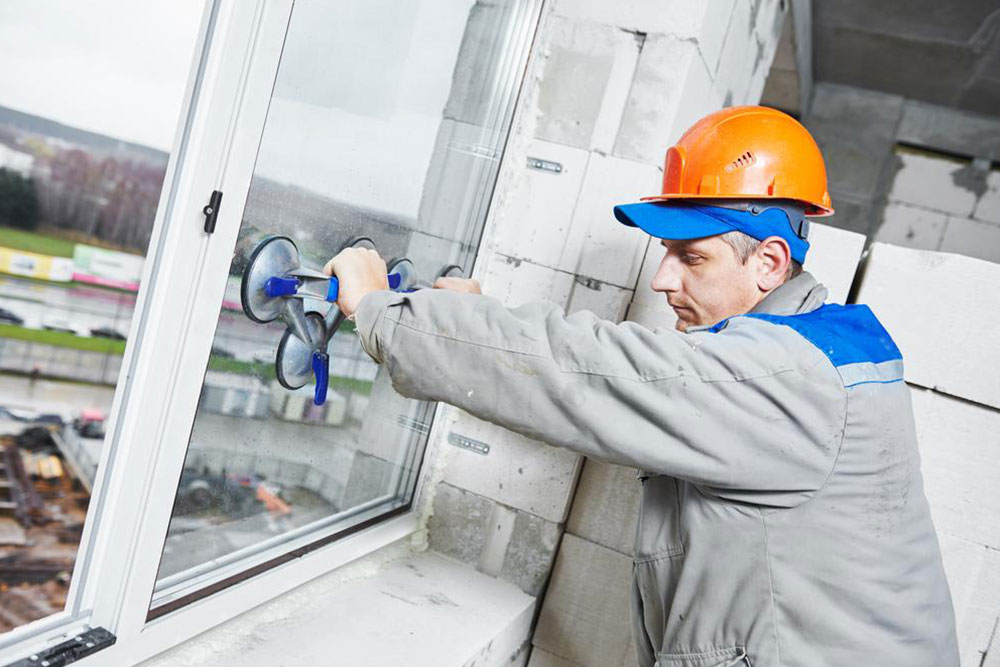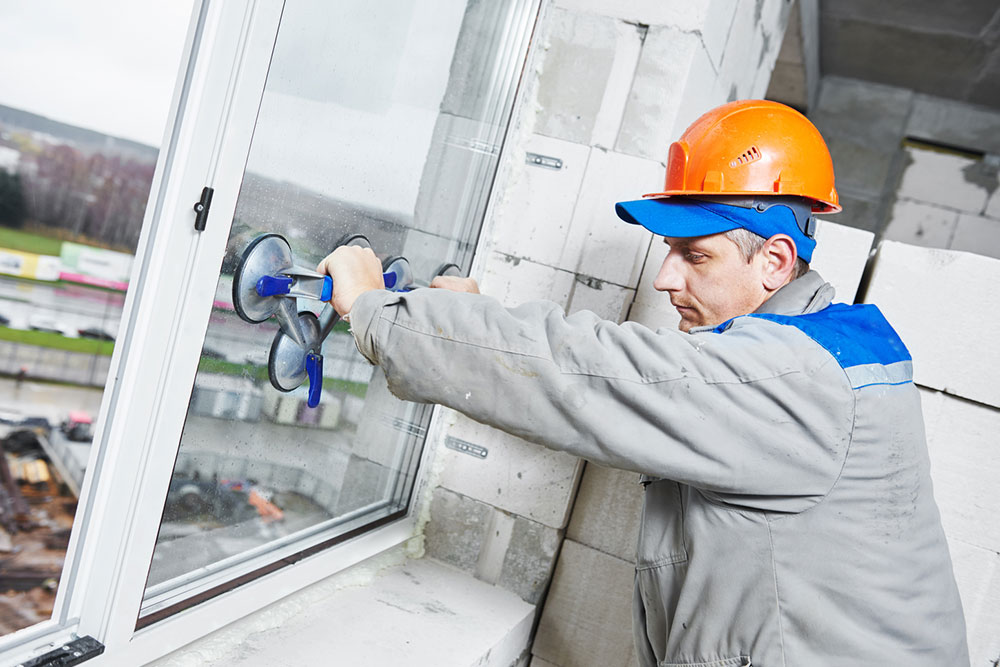Complete Guide to Various Types of Replacement Windows for Enhanced Home Improvement
This comprehensive guide explores various replacement window styles, including double-hung, sliding, awning, decorative, and glass block windows. Each type offers unique benefits for enhancing home aesthetics, ventilation, privacy, and energy efficiency. Learn the key features, advantages, and ideal placements to select the best windows for your renovation needs. Whether upgrading a historic home or modernizing your property, this detailed overview helps homeowners make informed choices to improve their living space's comfort and appearance.
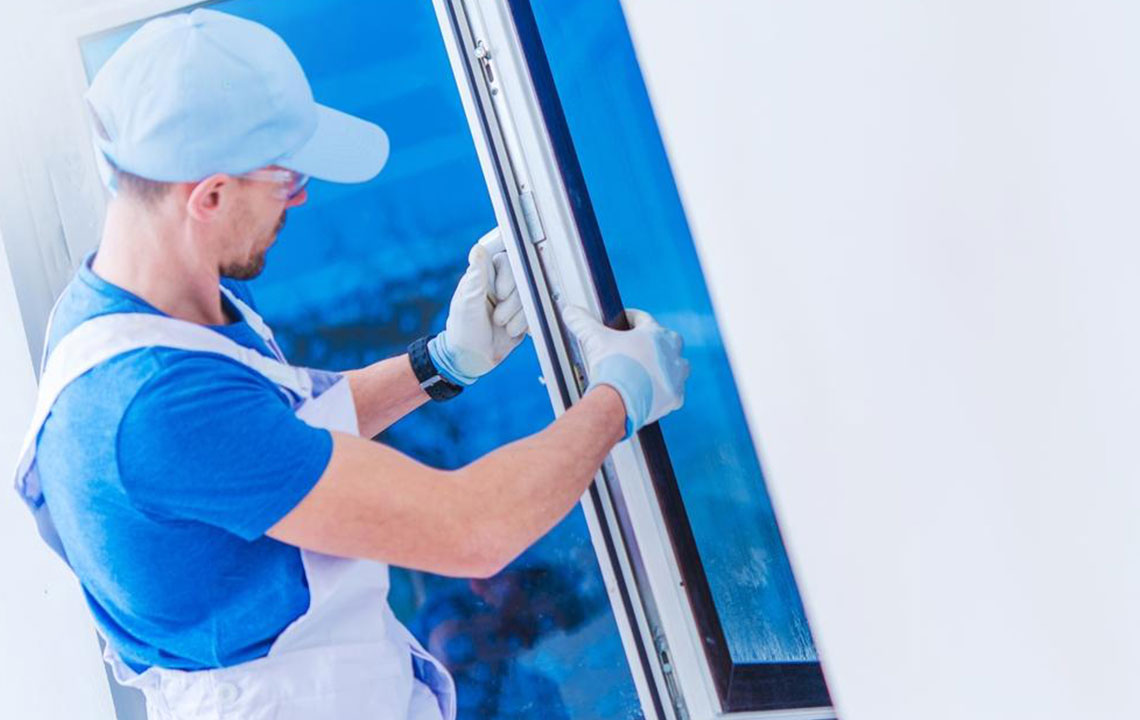
Complete Guide to Various Types of Replacement Windows for Enhanced Home Improvement
Upgrading your home with new windows is an excellent way to improve its overall appearance, increase energy efficiency, and significantly reduce external noise. Selecting the appropriate window style requires careful consideration of many factors, including maintenance needs, ventilation capabilities, aesthetic preferences, and functional benefits. This comprehensive guide aims to explore the most popular types of replacement windows available today, helping homeowners make informed decisions that enhance both form and function of their living spaces.
Whether you own a historic property or a modern residence, understanding the differences between window styles can help you choose the right options for your specific needs. From classic designs to innovative features, each type offers unique advantages that cater to various lifestyles and architectural styles. Read on to discover the key features, benefits, and ideal placements for each window type, and learn tips for selecting the best replacements to improve your home’s comfort and curb appeal.
Below is an expanded overview of the most common and widely used replacement window styles:
Double-Hung Windows
Double-hung windows are among the most traditional and sought-after window designs, prized for their versatility and ease of operation. They feature two sashes—movable panels that slide vertically—allowing for excellent ventilation control. When the top sash is opened, warm air naturally rises and escapes, helping to cool your home in warmer months. Conversely, opening the bottom sash allows cooler, fresh air to flow inside, promoting natural airflow and improved indoor comfort. This bidirectional flexibility makes double-hung windows an ideal choice for various rooms, especially living areas, bedrooms, and historic homes seeking a classic touch.
Additionally, double-hung windows are known for their straightforward maintenance. Many models feature tilt-in sashes that allow for easy cleaning from inside the home, reducing the need for external cleaning. Their traditional aesthetic complements various architectural styles, from colonial to Victorian to contemporary, making them a versatile and timeless option for many homeowners.
Durability and security are other benefits of this window type, as they generally incorporate robust locking systems and sturdy frame materials such as vinyl, wood, or aluminum. When choosing replacement double-hung windows, consider energy-efficient options with insulated glass and low-E coatings to maximize home insulation and reduce energy costs.
Sliding Windows
Sliding windows, also known as horizontal or gliding windows, offer a modern alternative to traditional styles. They typically come in two or three-panel configurations, with one or more sashes sliding horizontally along tracks. One sash remains fixed, while the other(s) move smoothly to open or close, providing a wide, unobstructed view of the outdoors.
This style is especially popular for rooms that benefit from wide vistas, such as living rooms, sunrooms, or kitchens. Their horizontal operation makes them easy to open and close, especially in tight spaces where traditional upward-opening windows might not be practical. Sliding windows are perfect for modern homes with sleek, minimalist designs, as well as for extensions or additions that demand large panes of glass.
Their low-maintenance nature adds to their appeal—since they open horizontally, cleaning remains straightforward, and the absence of complicated mechanisms reduces potential repair issues. Homeowners can choose from various frame materials, including vinyl, aluminum, or wood, depending on their aesthetic and durability preferences.
To maximize energy efficiency, opt for models with tight seals and insulated glass units. Proper installation is crucial to ensure smooth operation and optimal performance, especially with larger, multi-pane configurations.
Awning Windows
Awning windows are characterized by their unique crank-operated design, which allows the window to tilt outward from the bottom, creating an awning-like shape. This tilting feature enables homeowners to control airflow precisely while maintaining protection from rain and other elements. Because they can be opened slightly or fully, awning windows are ideal for spaces that require ventilation, such as bathrooms, kitchens, or basements.
Their design provides excellent security, as the sash remains locked tightly against the frame when closed, making them resistant to forced entry. Additionally, their outward tilt helps keep rainwater out while allowing fresh air to circulate. This weather-resistant feature makes awning windows especially suitable for installation in areas exposed to frequent rain or high humidity.
Another advantage of awning windows is their privacy-protective aspect—since they open outward and often have limited visibility from outside, they help maintain privacy without sacrificing ventilation. They are available in various materials and finishes to match your home's décor.
In terms of installation, awning windows are flexible and can be placed above doors, in bathrooms, or in any room where airflow and moisture control are priorities. When selecting awning windows, consider adding energy-efficient glass and weatherstripping to enhance insulation and reduce energy bills.
Decorative Windows
Decorative windows are primarily designed to enhance visual appeal and add architectural interest to your home. These windows come in numerous shapes, styles, and patterns—including arched, circular, triangular, and stained glass designs—serving as focal points and artistic statements rather than primary sources of ventilation.
They are often used in entryways, interior transoms, or as accents in various rooms. Because decorative windows are usually non-operable, their main purpose is aesthetic enhancement, bringing in natural light and elevating the interior or exterior design scheme. Their unique shapes and colorful glasswork can complement traditional, contemporary, or eclectic home styles.
In addition to style, decorative windows can also improve privacy, especially when designed with frosted or stained glass. They are crafted with durable materials to last for decades and are available in various finishes to match existing window units or architectural details.
For homeowners seeking a distinctive look, custom decorative windows can be designed to fit specific spaces—be it as a centerpiece above a fireplace, a niche, or a transom over a door. When choosing decorative windows, consider their placement for optimal light entry without compromising security or privacy.
Glass Block Windows
Glass block windows combine functionality with aesthetic appeal, making them a popular choice for private spaces such as bathrooms, laundry rooms, or basements. Their thick, textured glass provides natural light while obscuring visibility from outside, ensuring privacy without sacrificing brightness.
Their design involves sealing individual glass blocks together with durable mortar, resulting in a sturdy, secure window that resists breakage and provides excellent insulation. This makes glass block windows a practical choice for areas where privacy and security are paramount.
Aside from privacy, glass block windows offer benefits such as sound insulation and enhanced energy efficiency compared to traditional windows. Their opaque surface diffuses incoming sunlight, reducing glare and heat gain, which can contribute to lower cooling costs during hot months.
Installation of glass block windows is more specialized than standard sash or casement windows but offers long-term durability. Available in various patterns, sizes, and configurations, they can be customized to fit specific spaces and architectural styles.
Overall, glass block windows are an excellent choice for homeowners seeking a secure, stylish, and energy-efficient window solution that transforms ordinary spaces into bright, private retreats.
When selecting replacement windows, consider the specific functionality you need, whether it's ventilation, light, privacy, or a combination of these. Balancing aesthetic preferences with practical needs will ensure your home remains comfortable, visually appealing, and efficient for years to come.
